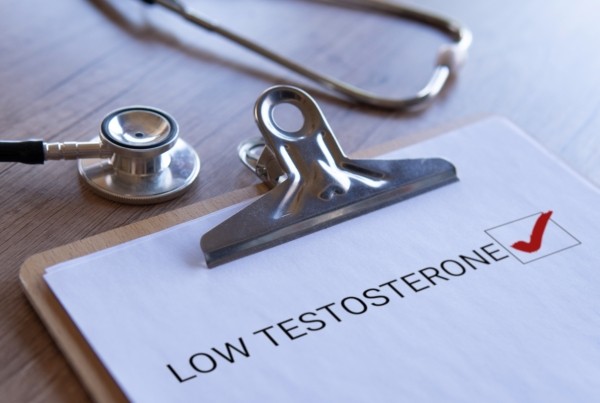There’s plenty out there on the female biological clock – but what about men? While there are highly publicised stories of men becoming fathers in their 70s, these are merely anecdotes that continue to fuel misconceptions on male fertility. Truth is, just like female fertility, male fertility declines with age. In this article we’ll see how male fertility changes over time and why.
When does male fertility start to decline?
The Centers for Disease Control and Prevention (CDC) report that couples where the male partner is 40 years old or older may be more likely to find it hard to conceive. Men over 40are 30% less likely to conceive over a one year period, when compared to men younger than 30. Israeli researchers found that semen quantity peaked between the ages of 30 and 35, and overall semen quantity is lowest after age 55.
Do men stop producing sperm?
If there are no other underlying medical issues, men will continue to produce new sperm throughout their life. However, sperm quality declines with age, so it may become harder to conceive.
Why does age impact male fertility?
Aging is a natural process and it impacts sperm in four main ways:
- Sperm count: The number of sperm produced per ejaculation decreases with age. One study reported a decrease in sperm count of up to 2.6% per year.
- Sperm motility: Age affects how well sperm swim and their ability to reach an egg.
- Sperm morphology: It’s normal for men to produce a number of abnormal sperm (sperm that do not have the proper shape, size, and structure), however this percentage increases with age.
- DNA fragmentation: Age increases the amount of damaged DNA inside a sperm.
Put together, these factors impact overall male fertility, making it harder to conceive and increasing chances of negative outcomes (more on this below).
How does age affect male fertility?
The age of the male partner affects pregnancy rates and older age comes with its own risks. As we’ve seen, age affects the genetic quality of sperm. This means decreased fertility, but also an increased chance of miscarriage, and an increased risk of certain birth defects or stillbirth. Studies have shown that older men are more likely to pass on genetic problems to their children. These risks include achondroplasia (a form of dwarfism), autism, bipolar disorder, childhood leukaemia, and schizophrenia.
That said, while there are risks, these are relatively low. On the pro side, one study found that older dads and their children tend to live longer. If you’re thinking of starting or growing a family as an older dad, your first step is to get a medical evaluation. Yo Sperm Test allows you to measure your motile sperm concentration in the privacy of your own home. You can then share the live sperm video generated by the test with your doctor who will be able to advise you on the best way forward for you and your partner. Good luck!







